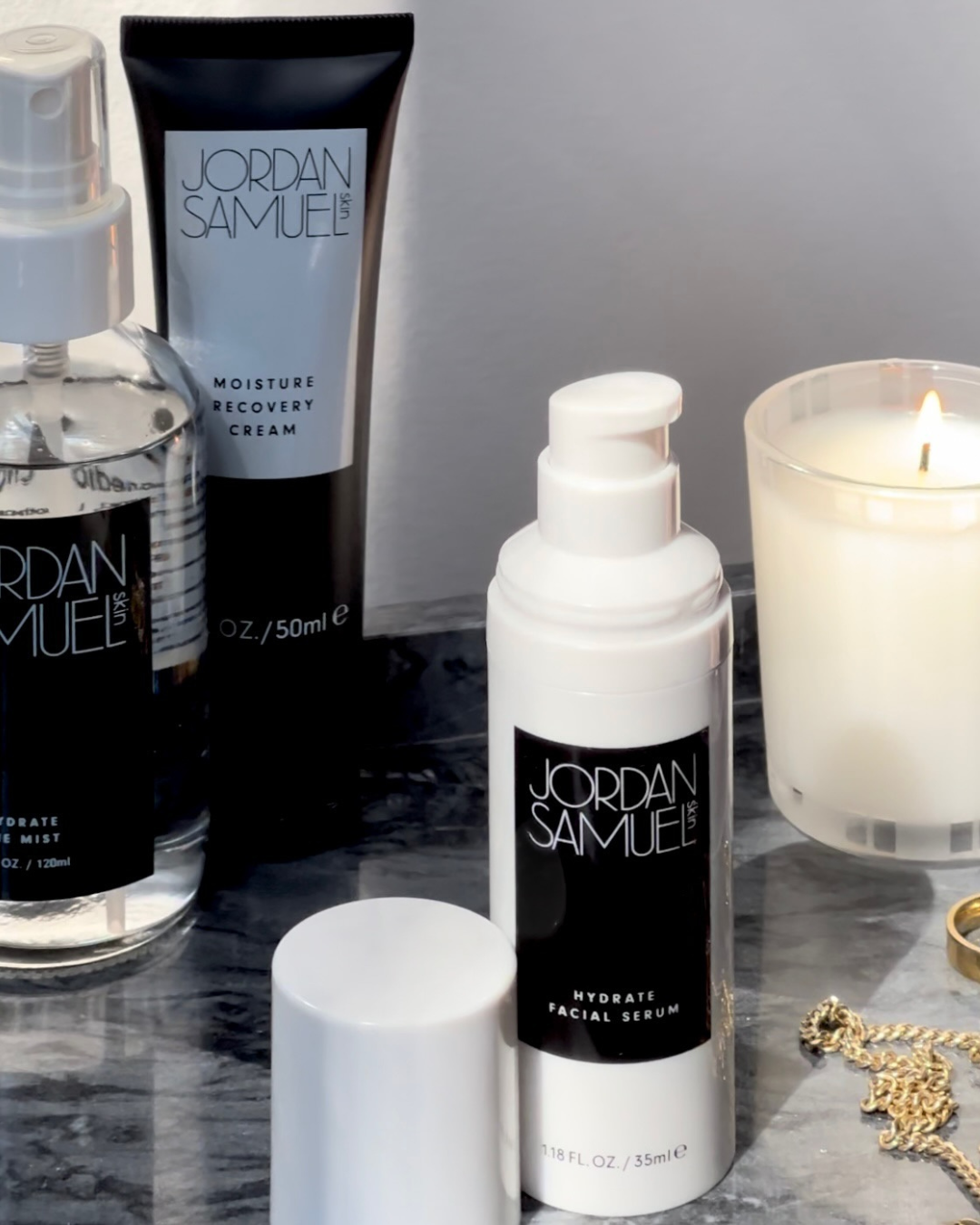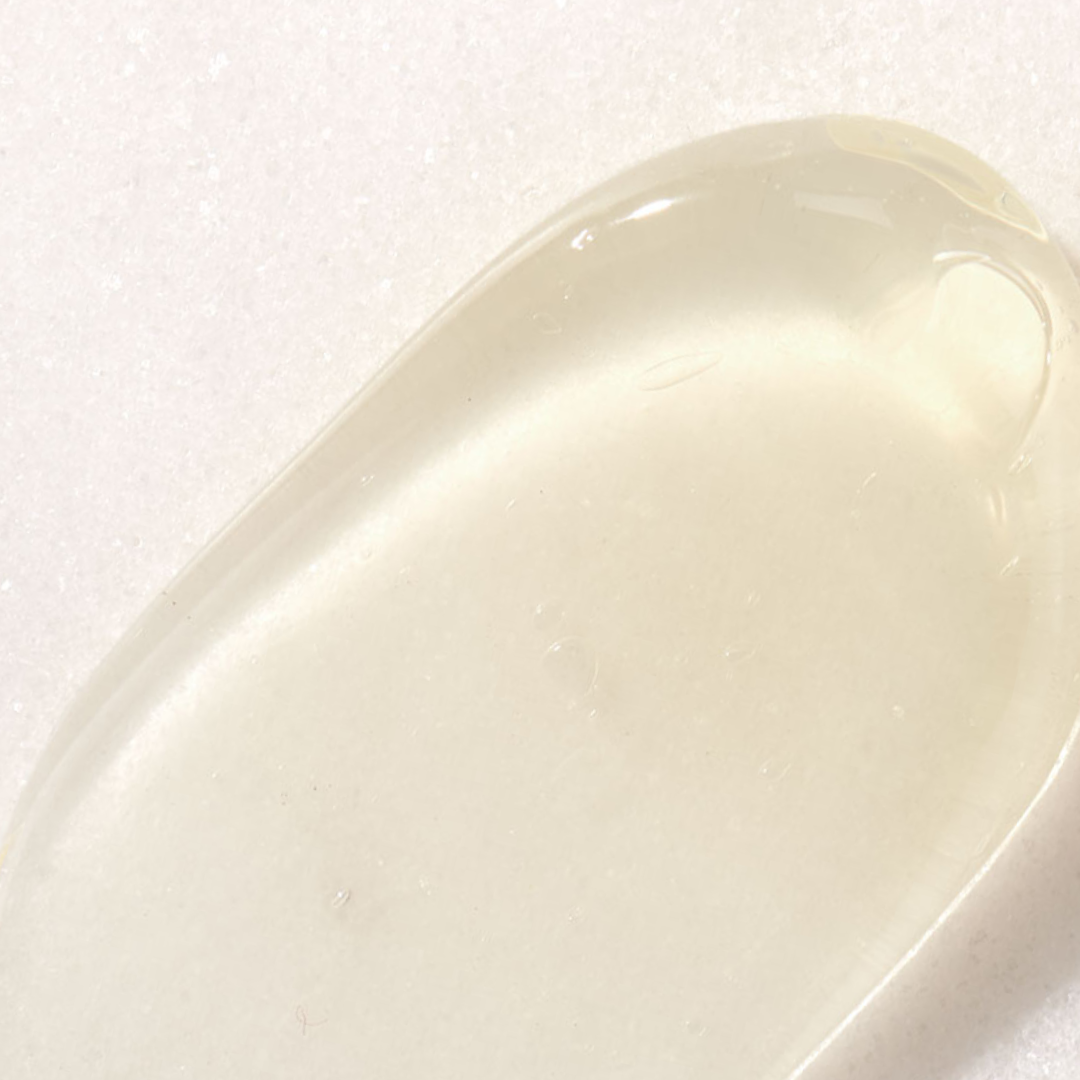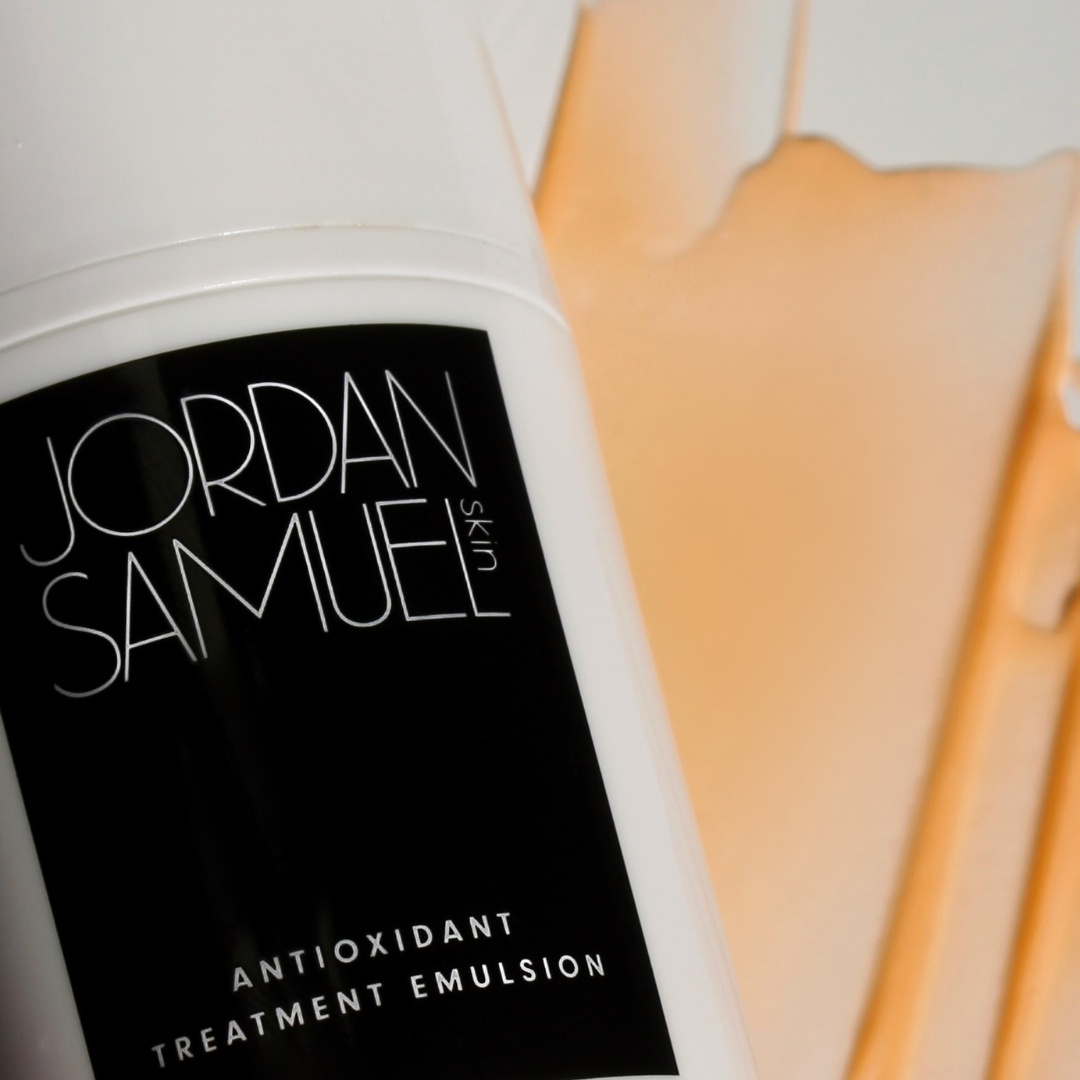I’m not a fan of rules (as I may have mentioned this once or twice before). In particular, I struggle with the prescriptive way we talk about retinol use. Advice regarding retinol is often mired in dos, don’ts, musts, and can’ts. These broad stroke rules leave very little room for the nuances of individual skin types, lifestyles, and priorities. Even worse, that advice sometimes originates from information that’s misleading or just plain wrong. Read on for my take on three common retinol rules.
You can’t use retinol and acids
There are two facets to this piece of advice. The first is that the lower pH of exfoliating acids like glycolic, lactic, and salicylic will reduce the efficacy of your retinol. This misconception comes from taking research on retinol absorption out of context. Rest assured, your favorite AHA won’t render retinol ineffective.
The second aspect is that acids and retinols are too potent and potentially irritating to be used together. This depends entirely on the strength of your products and the resiliency of your skin. Those with hearty skin could use a gentle acid and a retinol product in the same routine, while someone with sensitivity concerns may want to alternate between acids, retinols, or any other actives. It comes down to your unique skin needs. I always suggest starting gradually, using any strong active only once or twice a week and building up to more frequent application.
Conclusion: partially false, and possibly dependent on your skin type.
You can’t use retinol in the summer
Due to retinol’s potential for photosensitivity, some people worry that it shouldn’t be used in sunny summer months. The truth is that you should always protect your skin from UV exposure, no matter the season. As long as you liberally apply SPF, you have nothing to worry about. Additionally, some people need time to build up their retinol tolerance. These retinol users may have endured some skin flaking or dryness before their skin was able to adapt to new retinol products. It would be a shame to quit retinol and lose that progress, only to endure the flaking all over again come autumn.
Conclusion: totally false.
You can’t use retinol long-term without thinning your skin
This myth comes from the idea that retinol encourages you to shed old skin cells. If you’re losing cells from the surface, your overall skin thickness must be diminishing, right? It seems counterintuitive, but retinol may actually help thicken the skin. Research on prescription retinoids has shown that while they reduce the depth of old surface cells, retinoids actually thicken the deeper dermal layers of the skin where collagen and elastin are formed. Essentially, retinoids reduce the amount of skin we don’t want—the dead surface cells that have seen better days and contribute to the appearance of dull, dry skin—while increasing the depth of active, living tissue in the skin. Since retinol and retinoids function similarly and produce comparable results over time, we can infer that retinol has a beneficial effect on total skin composition.
Conclusion: somewhat true for part of the skin, but false overall.
I hope this helps clear up any misconceptions you may have heard or read about retinol.
XO,
Jordan




